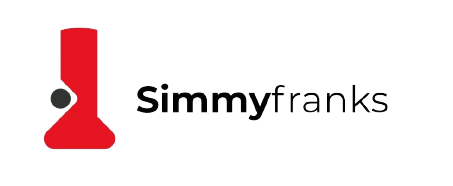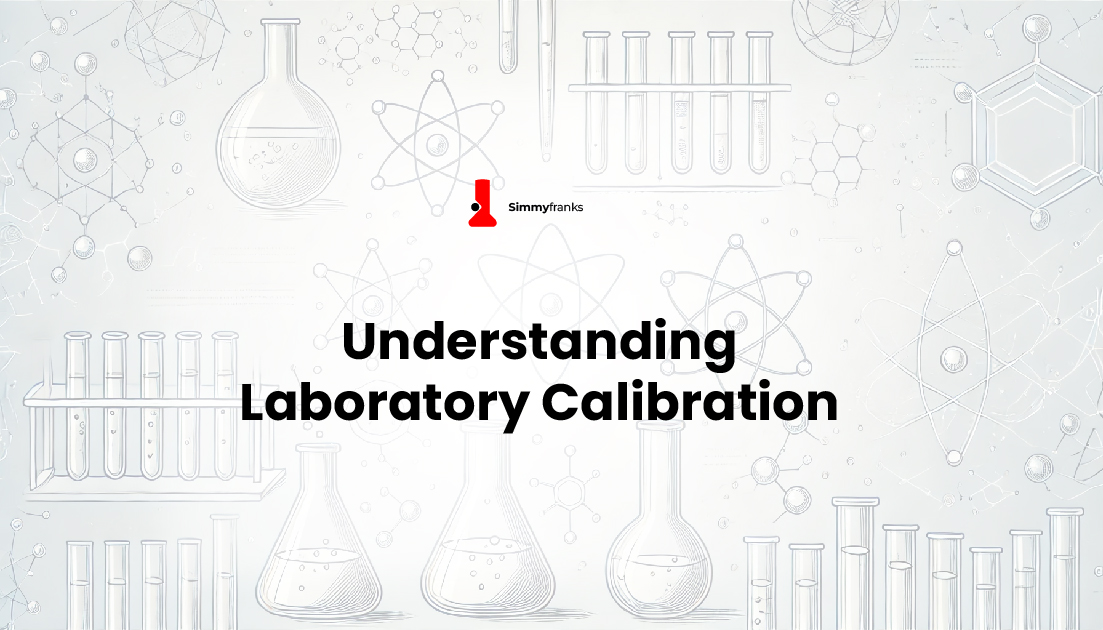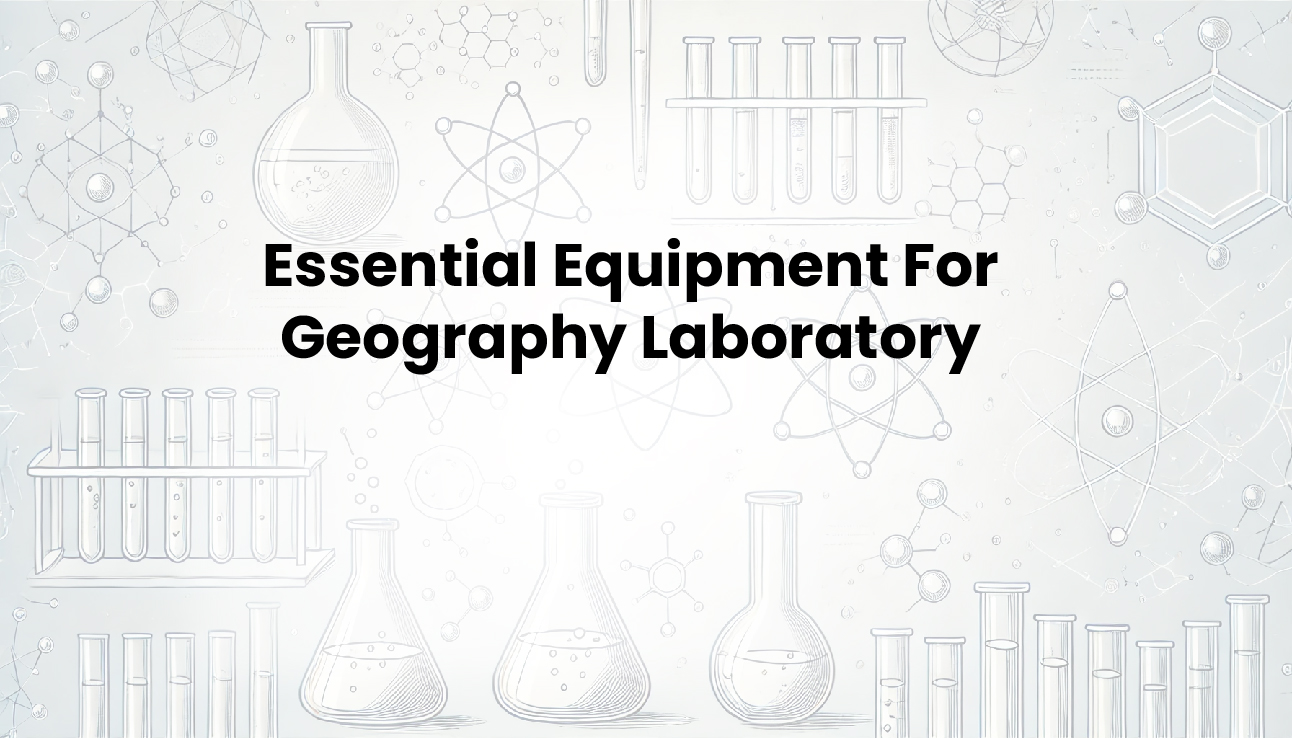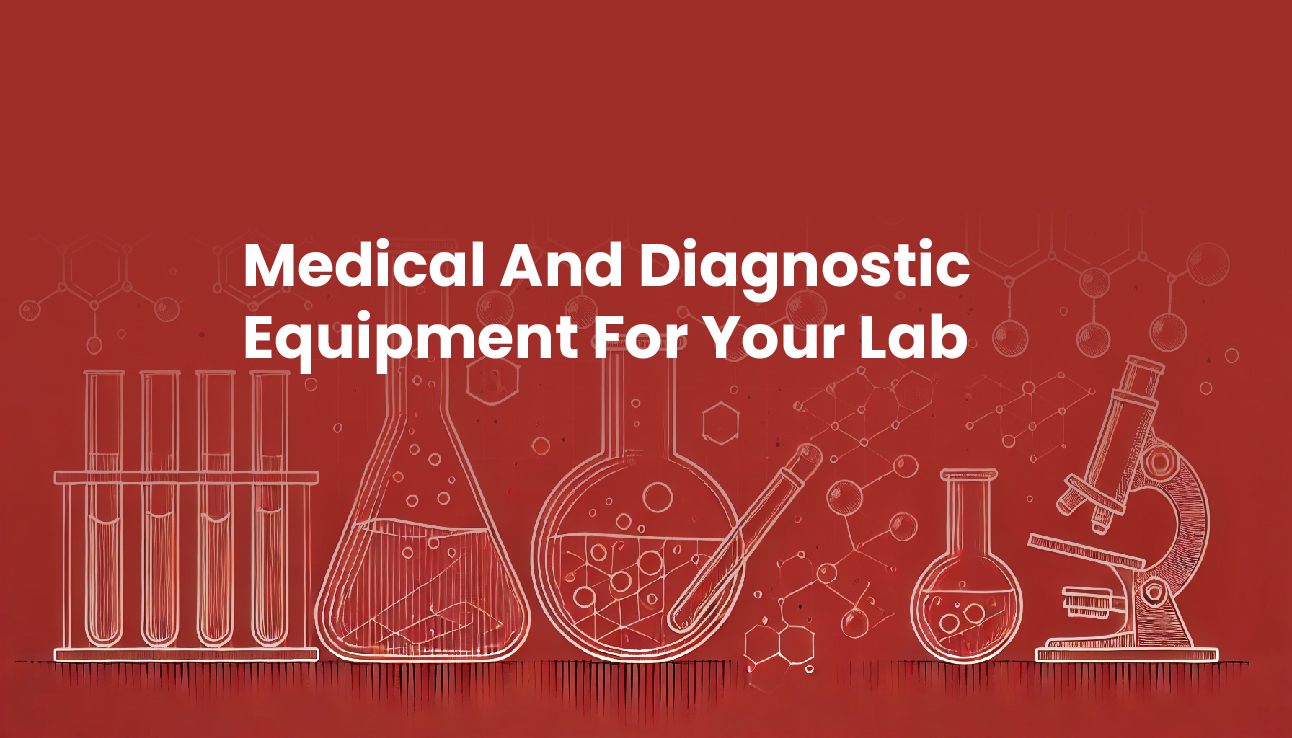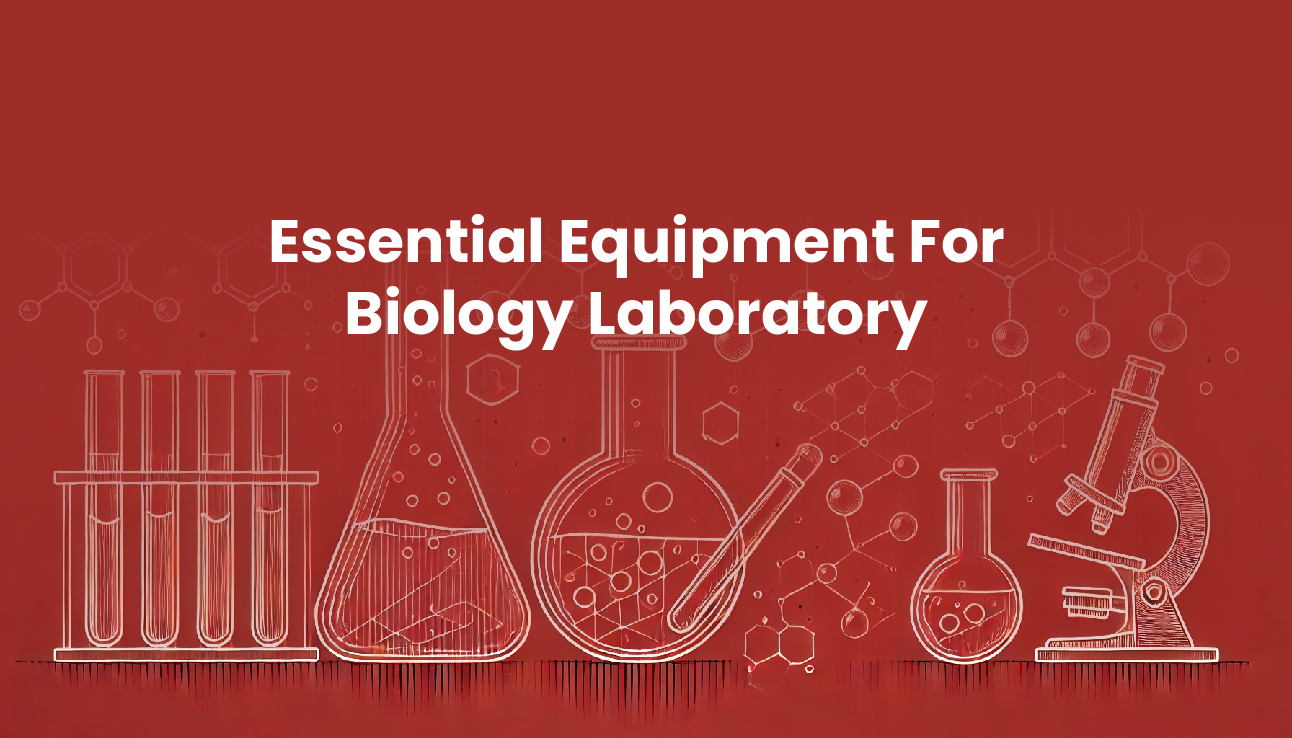Looking to set up a petroleum testing laboratory? Read on to find out how to set up one and ensure safety. The oil and gas industry has contributed greatly to building our country’s economy and satisfying human needs. This industry is one of the biggest sources of revenue in Nigeria which enhances the development, growth, and progress of our nation.
What Is A Petroleum Testing Laboratory?
A petroleum testing laboratory is a specialized facility in the oil and gas industry where various tests on petroleum products including crude oil, fuels, gasses, and petrochemicals are conducted.
Purposes Of Petroleum Testing Laboratory In The Oil And Gas Industry
The purposes of petroleum testing laboratories in the oil and gas industry include:
- Testing crude oil, petroleum feed-stocks, fuels, and other petroleum refined products.
- Providing quality control, troubleshooting, and problem-solving services.
- Supporting research and development.
- Providing data used in the calculation of various critical performance properties of petroleum products.
Types Of Tests Conducted In The Petroleum Testing Laboratory
These tests help ensure the quality and safety of petroleum products, as well as compliance with regulatory requirements and industrial standards.
These tests include:
- Physical properties tests
- Chemical composition tests
- Contaminant tests
- Corrosion tests
- Performance tests
- Environmental tests
- Specialized tests
How To Ensure Quality In The Petroleum Testing Laboratory
To ensure quality in a petroleum testing laboratory, here are the practices to follow:
1. Get Accreditation
Get accreditation from a recognized authority e.g.: ISO/IEC 17025, to demonstrate technical competence.
2. Ensure Training and competency
Make sure the laboratory personnel are properly trained and competent in testing procedures and instrumentation. Always hold a training session for newly employed personnel.
3. Ensure Proper Calibration and maintenance
Regularly calibrate and maintain equipment to ensure accuracy and precision. Calibrating instruments helps to avoid errors during procedures while maintenance of equipment and instruments elongates their lifespan.
4. Ensure Proper Quality Control
Implement a quality control program to monitor testing performance and detect errors. Implementation of quality control aids growth and prevents errors in production.
5. Ensure Method Validation
Properly validate testing methods to ensure accuracy and reliability. These methods should also be upgraded regularly to make sure it’s updated and validated.
6. Participate in Proficiency Testing
Participating in proficiency testing programs to evaluate laboratory performance. This proficiency testing should also be held for personnel to assess their improvement since they were last accessed.
7. Use of Certified Reference Materials
Use certified reference materials to verify testing accuracy and avoid disastrous mistakes.
8. Ensure Proper Instrumentation and Equipment
Use high-quality instruments and equipment suitable for the test performed. The accuracy and reliability of your test results depend on the equipment used, so it is highly advised to use the right equipment for your procedures.
9. Ensure Proper Documentation and Record-keeping
Maintain accurate and competent records of testing data, results, and quality control activities. Accurate documentation and record keeping help to monitor the performance of the facility.
10. Ensure Standard Operating Procedures (SOPs)
Develop and follow standard operating procedures for all tests and procedures.
How To Ensure Safety In A Petroleum Testing Laboratory
The safety of the laboratory personnel and the surrounding area is often breached due to poor safety measures. To minimize these risks and prevent hazards like explosions, fire outbreaks, and medical emergencies, safety guidelines are established and followed in the laboratory.
These safety guidelines include:
1. Proper Laboratory Design
As known or should be known, the establishment of a work-safe petroleum testing laboratory begins with the laboratory design. The laboratory design is the foundation of every laboratory irrespective of specialties. Design the petroleum testing laboratory with safety in mind including ventilation systems, emergency exits, and spill containment areas.
2. Provision of Personal Protective Equipment (PPE)
Ensure that appropriate protective gear is always handy in the laboratory as it will protect against unfortunate events like spillage and airborne chemicals. Personal protective equipment for personnel working in the petroleum testing laboratory includes:
- Skin protection equipment like lab coats and coveralls.
- Hearing protection like earplugs and earmuffs.
- Foot protection like boots and slip-resistant footwear.
- Head and hair protection like bonnets and hair nets.
- Respiratory protection like Air-purifying respirators (APRs) and Self-contained breathing apparatus (SCBA).
- Eyes protection like Anti-fog coated goggles and face shield.
- Hand gloves.
3. Hazardous Material Handling
Handle hazardous materials with care following established storage, handling, and disposal protocols. This helps to prevent outbreaks of health-compromising diseases.
4. Fire Safety
Install and ensure easy access to fire equipment like fire extinguishers, fire alarms, fire blankets, etc. Also, conduct regular fire drills in the laboratory to educate the personnel on fire emergency handling.
5. Electrical Safety
Ensure electrical equipment is properly installed, maintained, and grounded to avoid cases of personnel getting electrocuted or fire outbreaks due to faulty electrical appliances.
6. Chemical Safety
Handle chemicals with care following established storage, handling, and disposal protocols. This prevents chemical disasters.
7. Emergency Response Plans
Develop and regularly practice emergency response plans, including procedures for chemical spills, fire outbreaks, and medical emergencies.
8. Proper Training and Awareness
Provide regular safety training and awareness programs for personnel. It is always advisable to hold a minimum of two weeks of training for newly employed persons to get them acquainted with the environment.
9. Regular Inspection
Conduct regular safety inspections to identify and address potential hazards.
10. Compliance with Regulations
Comply with relevant safety regulations and industry standards.
Importance Of Quality And Safety In The Oil And Gas Industry
Quality and safety are essential in the oil and gas industry for the following reasons:
- Quality control in the oil and gas industry is important to ensure the sourced goods are of a high standard and perform their intended functions effectively.
- The emphasis of process safety in the oil and gas industry is to prevent unplanned releases and events that could result in a major incident like explosions, fire outbreaks, chemical spillage, etc.
Get Your Laboratory Equipment For SimmyFranks
SimmyFranks is your number-one laboratory equipment supplier in Nigeria. We deal with all kinds of laboratory equipment and supplies to every part of the country.
Our equipment is sourced and obtained from trusted and verified manufacturers as we believe that good, accurate, and reliable results depend solely on the equipment.
Get a quote or visit our shop.
Petroleum Testing Laboratory: How To Ensure Quality And Safety In The Oil And Gas Industry: FAQ
1. What is the purpose of quality control in a petroleum testing laboratory?
Quality control in petroleum testing laboratories ensures that products meet industry standards and testing is performed according to international protocol.
2. What types of tests are performed in petroleum testing laboratories?
Petroleum testing laboratories conduct various tests on crude oil, fuels, and other petroleum products to ensure their quality and safety. These tests include determining the API gravity, density, and sulfur content, as well as detecting contaminants and analyzing the composition of the samples. Additionally, laboratories test for physical properties like viscosity and flash point and perform quality control checks to ensure the products meet industry standards.
3. What methods are used for petroleum testing?
Petroleum testing methods include:
- ASTM method
- GPA method
- UOP method
- DIN method
- ISO method
4. Why is a petroleum testing laboratory needed in the oil and gas industry?
The petroleum testing laboratory is needed in the oil and gas industry for the following reasons:
- Quality control
- Troubleshooting and R&D
- Regulatory compliance
- Optimize performance
- Environmental impact

